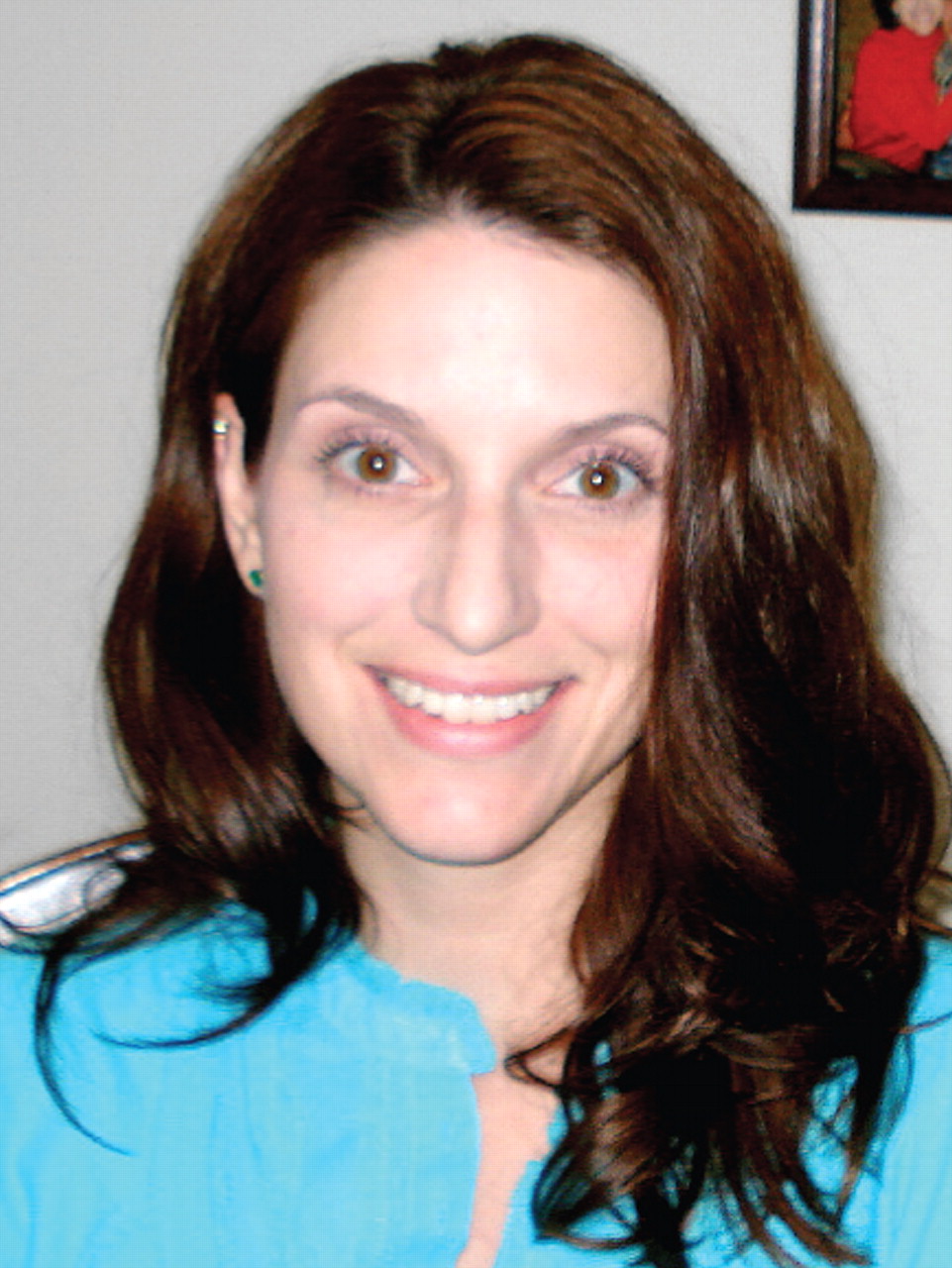Why Advocacy Must Be Routine Part of Our Work

The training we go through to become psychiatrists is long and difficult. During medical school we are delivered the facts of anatomy, physiology, and pathology at a rate that seems to exceed our capacities to absorb, let alone master, the information.
The expectation that we learn vast amounts of information at an extremely fast pace is also present in residency, during which we must master the fields of psychopharmacology and psychotherapy while meeting the demands of the hospital wards and outpatient clinics in which we work. It seems as if we are always in a stand-off against the next exam—the USMLE, PRITE, or board examination that is around the corner, ready to test the level to which we have succeeded at acquiring knowledge.
On a more humanistic level, we are motivated to learn by our anticipation that patients will query our knowledge, and we want to be able to answer their questions about the disorders we diagnose and treatments we recommend.
Under these pressures it can be easy to develop tunnel vision and use our years as psychiatrists-in-training to focus exclusively on the acquisition of medical knowledge. But where would such an approach leave us with regard to being truly prepared to serve society as medical professionals? Certainly we would be well prepared to demonstrate “expert professionalism.” But this is only one facet of what true professionalism involves.
A second facet of professionalism is “social-trustee professionalism.” Philosopher William Sullivan, who has written extensively on the ethics of work and the meaning of professionalism, calls it “civic professionalism.”
“Historically,” he wrote, “the legitimacy, authority, and the legal privileges of the most prestigious professions have depended heavily on their claims ... of civic performance, especially social leadership in the public interest.” He reminds us that as professionals we do more than simply hold jobs. We live ways of life that carry with them privileges derived from a social contract between us as professionals and the people we serve. This social contract mandates that we engage in the political process for the advancement of our profession in service to society.
What does this mean for us as emerging psychiatrists? The first point we should take to heart is that our profession calls for advocacy. The importance of civic engagement by psychiatric physicians cannot be understated. We deliver care within a system that is imperfect and is constantly being scrutinized, debated, and reformed. Both the specialty we practice and the patient population that we treat are vulnerable to changes in health policy. We therefore must make advocacy a part of our work. We must take the time, no matter how burdened we are with work, to engage our elected officials in discussions about the future of health care, using our expert professionalism in service to our civic duties, and there is no time too early in our careers to start.
A critical first step to effective advocacy is one that we rarely discuss—that is, making monetary contributions to APA's political action committee, known as APAPAC. However, there are three straightforward facts about the making of public policy that we ignore when we do not make the PAC part of our discussions about our duties as advocates for our patients and our field.
The first fact is that in America our laws are made by politicians who must campaign for election. The second is that U.S. political campaigns are run largely with private funding. And the third is that politicians with well-funded campaigns are more likely to win elections. Because of these facts, groups with special interests are empowered by an ability to shape public-policy debates by supporting the campaigns of candidates who demonstrate a commitment to shared ideals.
Fortunately, APAPAC works assiduously to identify candidates who show promise of being legislative allies on issues crucial to our profession and the people we treat. Donating to APAPAC is a critical part of our commitment as civically engaged professionals, since putting our PAC to work for us is the most effective way for us to increase the likelihood that the people elected to office share our vision for psychiatry and the health care system at large.
To fulfill our end of the contract between medicine and society, we need to demonstrate civic professionalism. If psychiatrists do not engage in the political process from the first step of PAC contribution through the end game of lobbying our elected representatives—particularly now as health care system reform is prominent on the national agenda—then we, and our patients, will be marginalized. Our patients will have every right to look to each of us and ask: “What were you doing to fight for us when all this happened?”
Information about APAPACis posted in the Members Corner section of the APA Web site at <www.psych.org/MainMenu/AdvocacyGovernmentRelations/PoliticalActionCommittee.aspx>.



